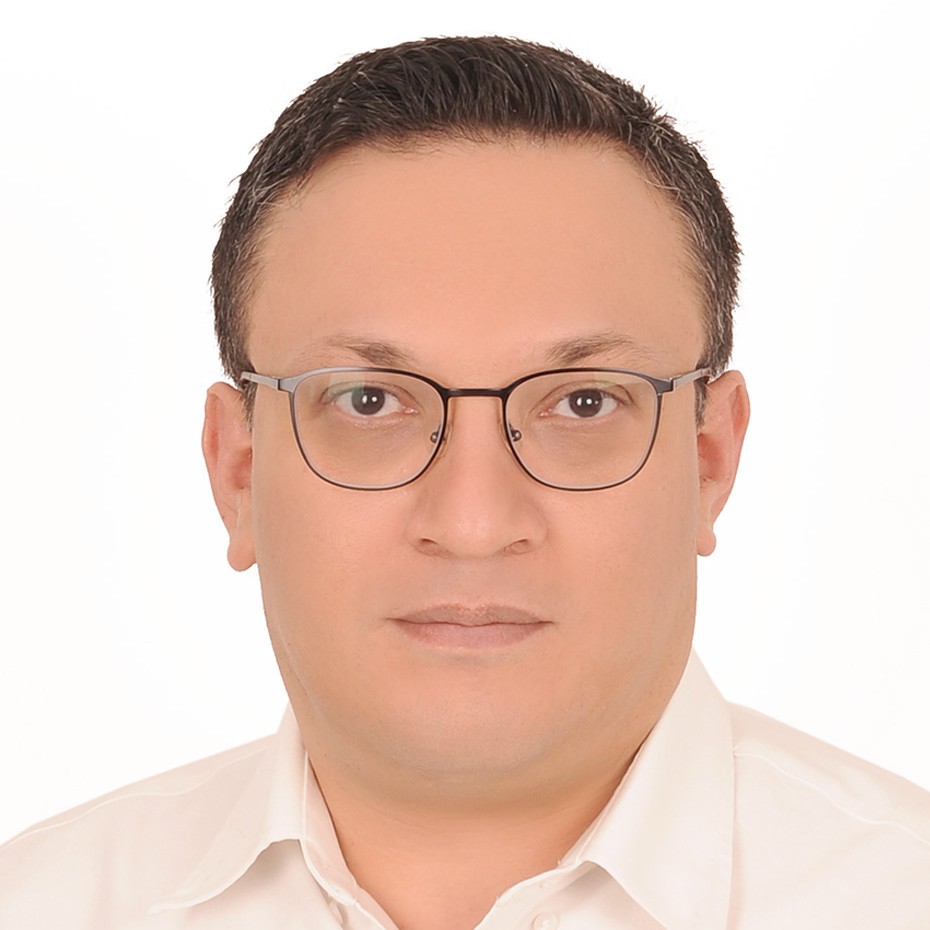
Current challenges to starting an intestinal transplant program in the world today: perspectives from emerging economy
Hamed Nikoupour1, Peyman Arasteh1, Mojtaba Shafikhani1, Alireza Shamsaeefar1, Saman Nikeghbalian1.
1Shiraz Transplant Center, Abu Ali Sina Hospital, Shiraz University of Medical Sciences, Shiraz, Iran (Islamic Republic of)
Introduction: Intestinal failure is a complicated medical issue. There are four treatment arms for the management of intestinal failure which includes home parenteral nutrition (HPN), GLP-2 medication, reconstructive surgery and intestinal transplantation.
Method and results: In most middle and low income countries, facilities for HPN and GLP2 do not exist. From another aspect patients are forced to remain in the hospital for receiving hospital-based parenteral nutrition. Leaving reconstructive surgery and transplantation as the main treatment options. Since we established our intestinal rehabilitation unit we have decreased our mortality and complications rates significantly. Accordingly, different treatment strategies have been designed and incorporated in our center when faced with cases of intestinal failure based on the etiology of disease. We have further defined our own indications for intestinal transplantation among patients with intestinal failure. These include the following: short bowel syndrome unable to obtain intestinal autonomy with reconstructive surgery; motility disorders unable to become off-parenteral nutrition despite compressive surgery; extensive portomesenttric thrombosis with liver failure; slow growing tumors occupying intestinal mesentry; and intestinal failure associated with liver failure.
Conclusion: Considering the low overall survival of intestinal transplantation among patients with intestinal failure, our experience in our settings has shown a need for further advancements and focus on reconstructive surgery and improvement in communications between centers in the world for exchange of experiences. Moreover, we suggest that indications for intestinal transplantation be modified based on each regions' specific circumstances.

right-click to download
